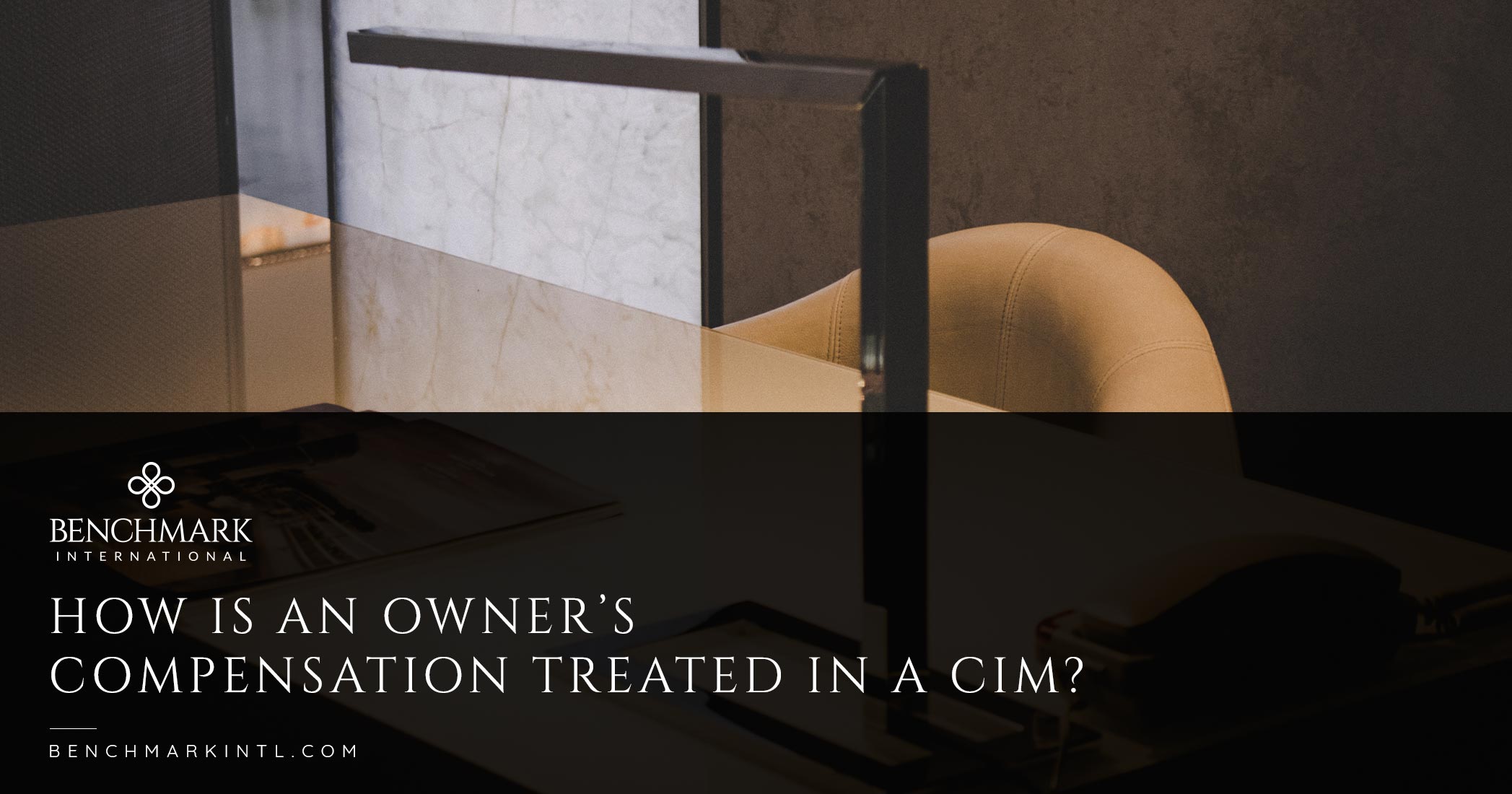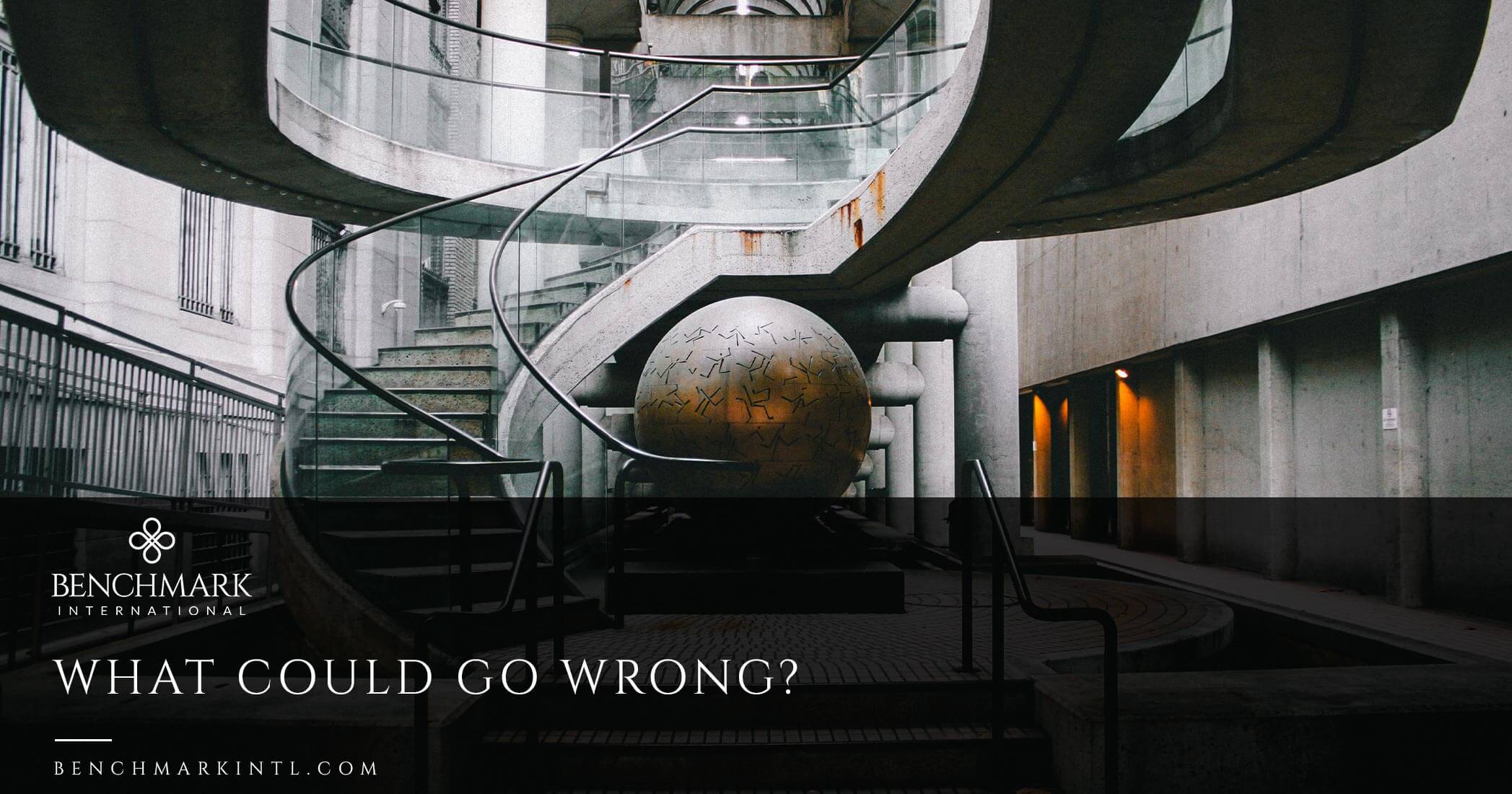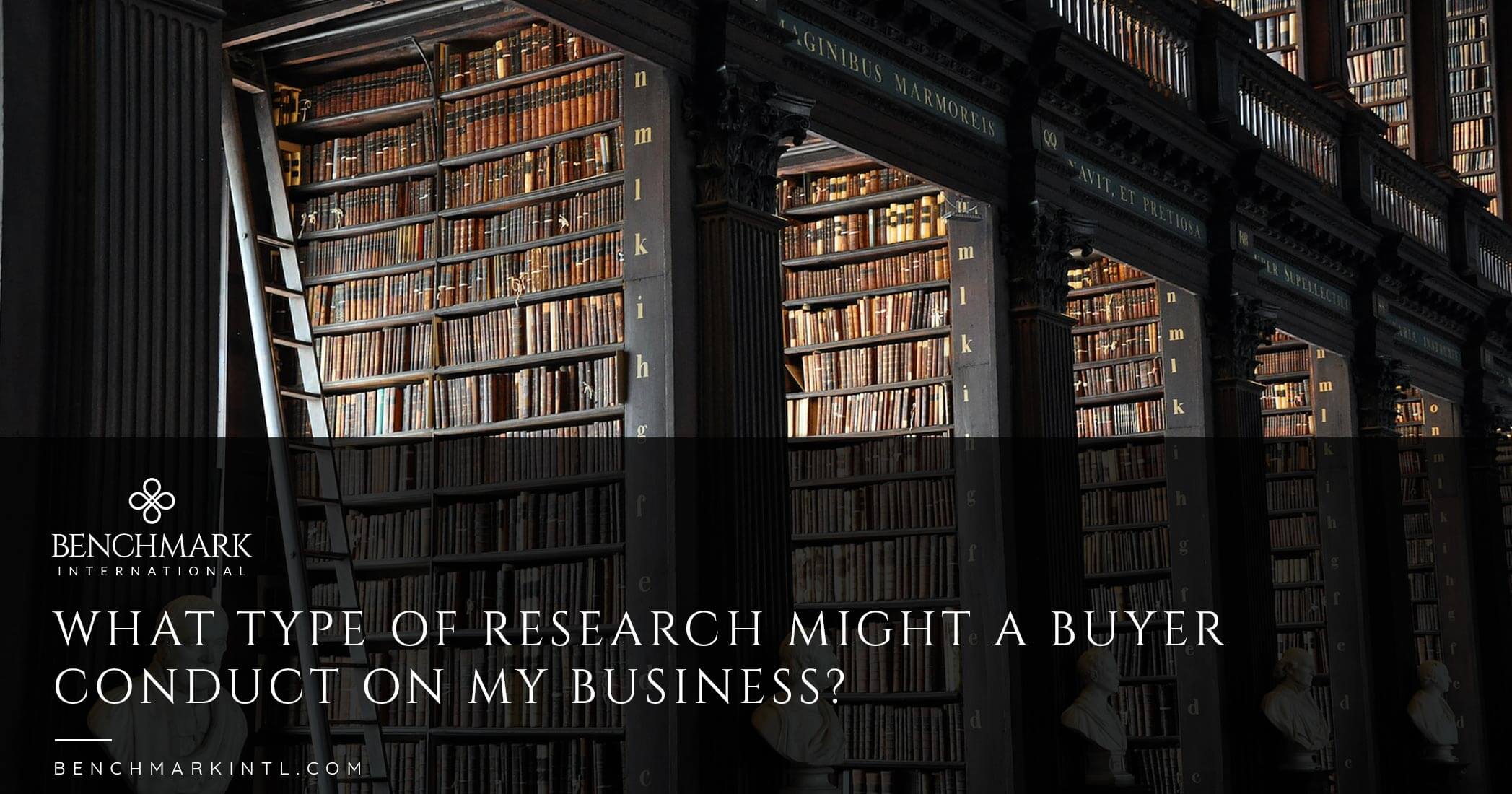Risk is the most influential factor when buyers are deciding whether to make an acquisition or investment. In cases where an acquisition opportunity has greater growth potential than a comparative opportunity which represents lower risk, the majority of acquirers will pursue the latter.
Whilst all acquisitions present a certain level of risk, it is important that business owners strive to reduce perceived risk from a buyer’s perspective as much as possible.
So, which factors represent increased risk for acquirers and for what reason would they decline an acquisition opportunity because of it? Below are some situations that involve increased risk from a buyer’s perspective.
Market factors
Low barriers to entry – regardless of market share, if the barriers to entry are low in an industry there will always be uncertainty which may drive away potential acquirers.
Powerful trade unions – the presence of powerful trade unions can strongly deter potential acquirers. Control is one of the most important things for business owners and, as such, any lack of it with regard to employees (representing the most important asset of most businesses) is likely to deter potential acquirers.
Strong direct competition – fierce competition will always unnerve potential buyers, who may not possess the same level of industry experience as the existing business owner or the competition.
Internal factors
Owner over-dependence – most business owners will trust their own skills, knowledge and drive to succeed over others within an organisation, regardless of whether they trust and value their abilities. Whilst this can benefit the company in terms of growth and development it can also be its detriment when it comes to a sale. It is difficult to sell a business which is over-reliant on its owner, as they are so obviously key to its success. The prospect of their absence post-sale, and the resulting uncertainty surrounding the ability of the business to perform to the same standards, can often deter potential acquirers.
High employee turnover – successful businesses are built on a core of driven, loyal, and skilled employees. High employee turnover invariably highlights a company which is faltering in some way or another. An inability to hold on to skilled employees is likely to be at the detriment of the Company’s performance, something a buyer may not have the appetite to turn around.
Poor financials – it goes without saying that poor financial performance will prove to be a turn off for potential buyers. That isn’t to say businesses in this position aren’t salable, as there may be contracts or infrastructure in place which may be attractive to a buyer; however, achieving anything close to maximum potential value is made much more difficult.
Product differentiation – buyers like companies who stand out from the crowd. This is particularly the case in marketplaces where the product or service offered competes for custom. As such, any company with a product or service which is unique in its marketplace is hugely attractive to buyers.
Business owners do not possess the power to affect all of the factors above, particularly those concerning the broader marketplace; however, internal factors are within their control and it is these they should place their focus on. Whether a business owner is looking to sell in the immediate future or not, addressing these factors will always be to the long term benefit not only of the company but also its owner, who will benefit at the point its eventual sale.
 Benchmark International
Benchmark International  Benchmark International
Benchmark International 



